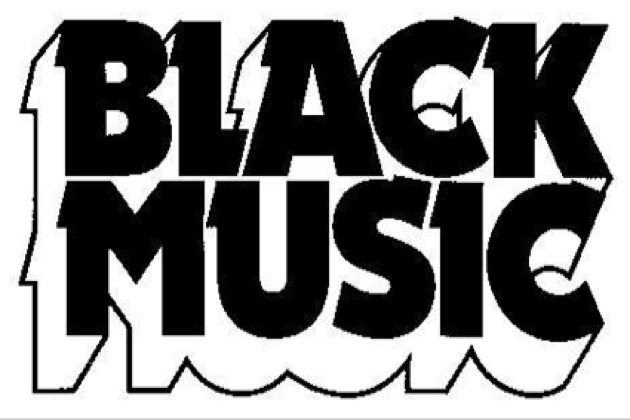Music is the pulse of the nation. Music reflects the times and delivers a raw and unfiltered view on what the human experience is like at the time. No matter how hard the powers that be try to cover up the ways of the world, the truth seeps through in song. Although the journey painful and long, it was for a higher purpose. Africans throughout the diaspora were resilient just as much as they were enslaved.
The earliest forms of music in America were heavily inspired not only by African descendants, but what they came up with was practical and resourceful. Ernest D. Brown Jr, spoke on the nature of making due with your situation when he stated, “Since their arrival in the North American colonies in 1619, African Americans have been compelled to “hit a straight lick with a crooked stick. That is to say, African slaves navigated their status as chattel by developing and executing non-threatening or subversive strategies of resistance. (Brown, 24) Not all music has to have lyrics to make it meaningful. Plenty of early music was just percussion. The sound of the continuous picking of cotton, or railroad building became the soundtrack to the slave’s everyday life. The body even became an instrument when congregating together for celebration or uplifting. “African Americans have been prolific in creating forms of music and dance by either transforming the body into a percussion instrument, performing percussively on melodic instruments, or performing melodically on percussion instruments.
The real beauty of music is its ability to mold into many different things. It is not stagnant. As a people, the descendants of the African diaspora evolved into so many amazing things and our music did the same. We started with a narrative and percussion, and turned that into iconic pockets like Quartets, Ragtime, Blues, Classical, Jazz, Gospel, Soul, and Hip-Hop. I am so proud to be the descendant of such a brilliant people, and carry on the torch that will fuel the fire of music for years to come.


